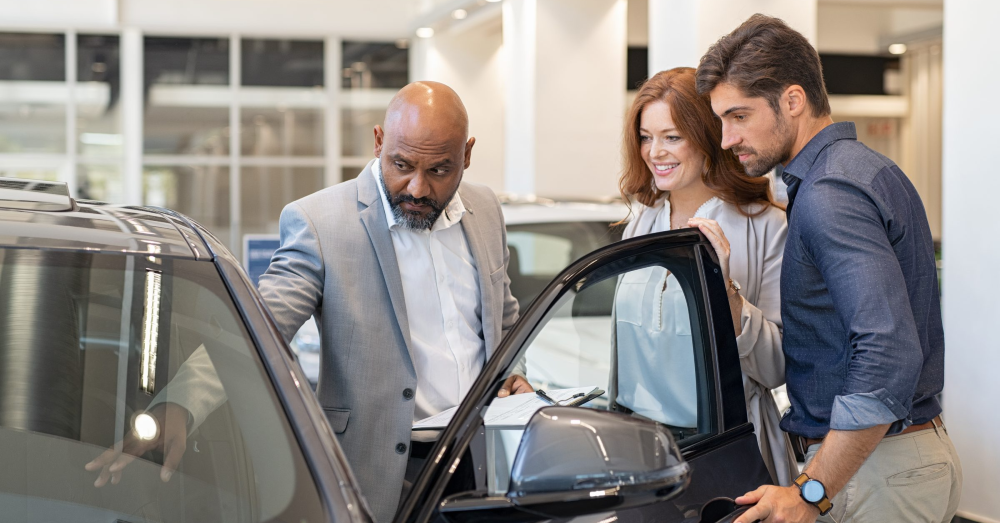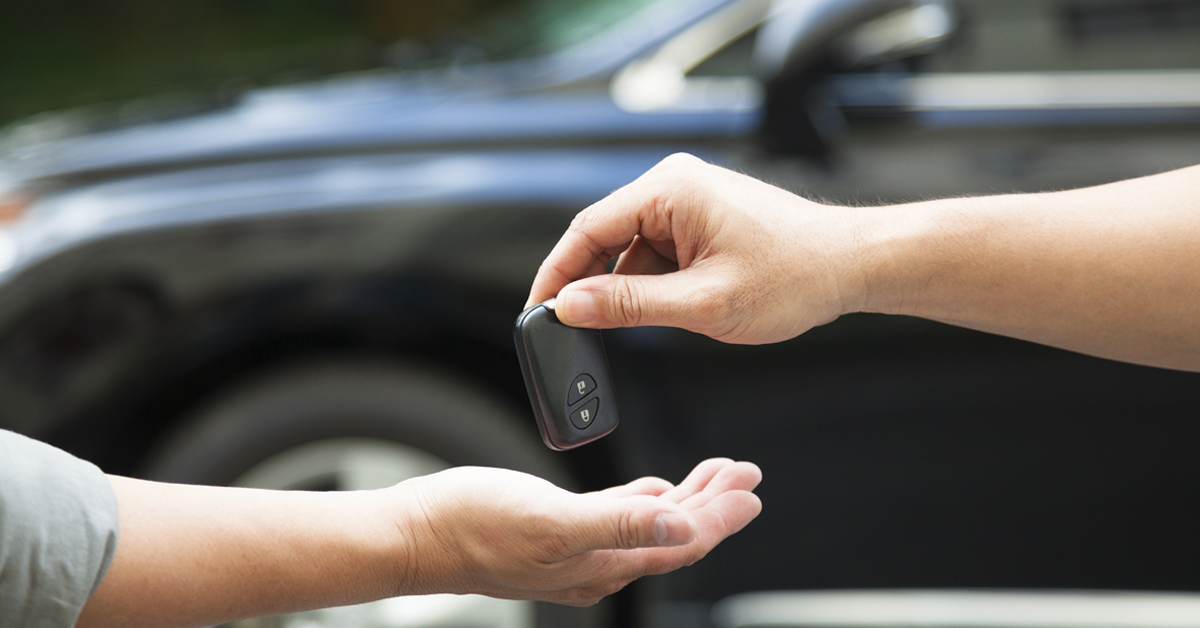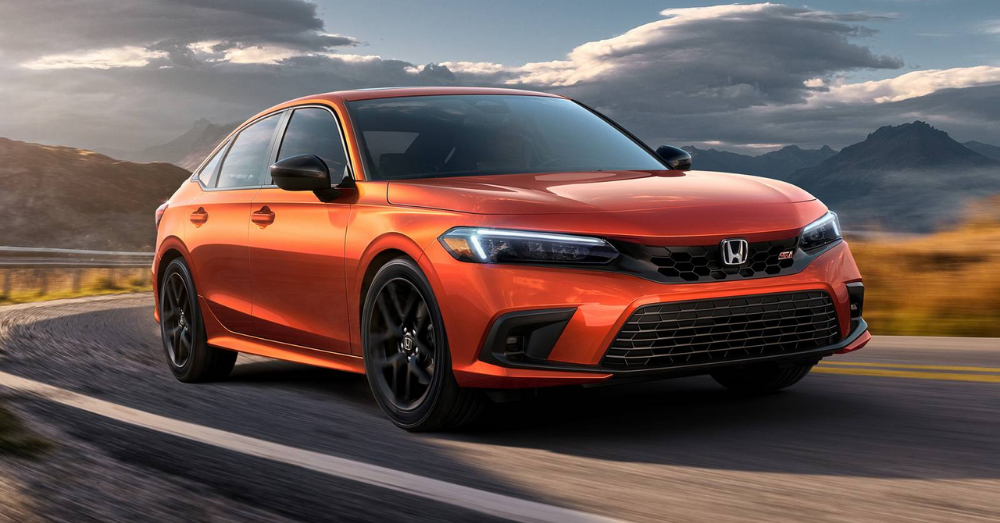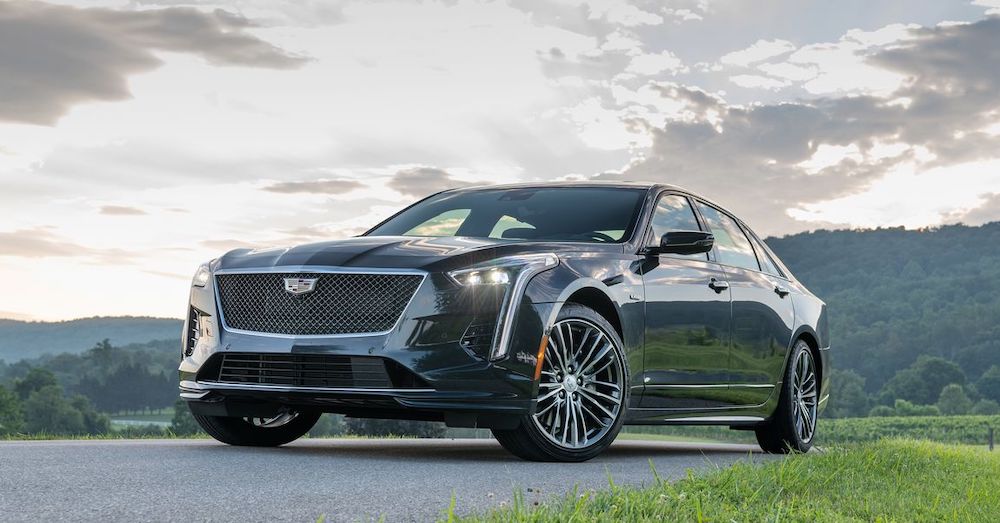Will you buy some of the dealership add-ons or leave them in your car and forget these items were ever offered?
There is some value to nearly everything a dealer offers, so you might consider adding some things to your car before you leave the lot. Let’s look at some of the most common items offered and see if any of them are worth buying for your vehicle.
GAP Insurance is One of the Most Common
Almost every car deal comes with the offer of GAP Insurance. Do you know what this item is and how it can help you? GAP stands for Guaranteed Asset Protection, and it’s a type of insurance that is meant to cover the difference, or gap, in the amount you paid for your vehicle and what the insurance company pays you if you’re in an accident or the car is stolen. Finance GAP insurance pays the difference to settle the amount with the finance company when the insurance settlement isn’t sufficient for this purpose.
GAP Insurance is one of the dealership add-ons that are worth the cost. If you buy it and never need it, that’s part of the risk of insurance. On the other hand, you’ll be pleased to have it if you buy it and need it. If you want to replace your vehicle with a similar one, you’ll need this insurance to cover the gap.
Window Etching
The idea behind window etching is that it can deter thieves from taking your car because the VIN is etched into every window. This add-on costs as much as $500 at the dealership, and it’s a bit of a gimmick. All vehicles have the VIN stamped in various places, which means you don’t need this added feature to protect you in any way at all.
When it comes to dealership add-ons, this is one to avoid. If you want to put the VIN on your windows or some of them, you can spend a lot less than $500 and do it yourself. You can buy a kit, and then you can etch whatever message you want into your car’s glass.
Should You Pay for Nitrogen in Your Tires?
Do you live in an area where the temperatures change often? Do you forget to check your tire pressure at least once a month? If you answered yes to both questions, you might want to have nitrogen put in your tires instead of compressed air. This will make them more pressure-stable when the temperature changes dramatically.
On the other hand, if you don’t want to spend a couple of hundred extra dollars for nitrogen, ask for your tires to be filled with air. You don’t find nitrogen filling at your local station and will need to bring your vehicle to the dealer to check the pressure and add more of this product. Add the freedom of handing your tire pressure on your own and ask that your tires have compressed air in them.
Should You Buy the Optional Wheel and Tire Package?
As dealership add-ons go, the tire and wheel package is one that you must avoid. If you wanted the upgraded wheels for your car, you should have selected a higher trim with these items and much more. Are there instances where a separate set of wheels and tires can be beneficial? Yes.
If you live in an area that receives lots of snow in the winter, you might want a set of winter wheels to swap on your ride. During the warmer months, you can get this done by heading to your local junkyard to find the right set of cheap wheels and then add the winter tires you desire. This will cost you less and allow you to swap out your regular rubber for winter models when the time comes.
Accessories Are Sneakily Added to Your Car
Before you sign any paperwork, you want to go over the invoice for your vehicle and see everything you’re being charged for. Suppose you see added accessories and an additional charge for these items; it’s time to look deeper. If these added items are acceptable and priced well, you might not need to say anything at all, but if not, you can have them removed.
Some dealerships require their staff to sell specific amounts of accessories every month. You might be able to get these dealership add-ons for free by telling your salesperson you don’t want them on your vehicle. They, in turn, might lower the price of the car to the agreed-upon price to ensure you still receive these accessories. Win-win for you, right?
Should You Pay for Dent, Tire, and Wheel Damage Protection?
The days of insurance companies being duped out of money because they offer better protection than they should are gone. You used to be able to protect consumable parts of your car for pennies on the dollar and have them replaced before the term of that policy expired. That’s not the case any longer.
If you’re offered protection against dents for your tires and the wheels, you’ll want to avoid these items. The way contracts are worded for these items today; it’s nearly impossible to file a claim and have these items covered.
Should You Buy an Extended Warranty?
You should avoid this item, besides the jokes and the harassing calls you get when you never signed up for an extended warranty for your car. Extended warranties aren’t worth the added cost, especially if you’re buying a used vehicle. Most new models come with an outstanding standard warrant and powertrain coverage to back it up. Why would you need an extended warranty?
If you want to buy a used vehicle and have coverage beyond the few months of testing you get, buy a certified pre-owned model. Avoid one of the most costly dealership add-ons in an extended warranty and find a CPO model that comes with a warranty from the manufacturer.
This post may contain affiliate links. Meaning a commission is given should you decide to make a purchase through these links, at no cost to you. All products shown are researched and tested to give an accurate review for you.




